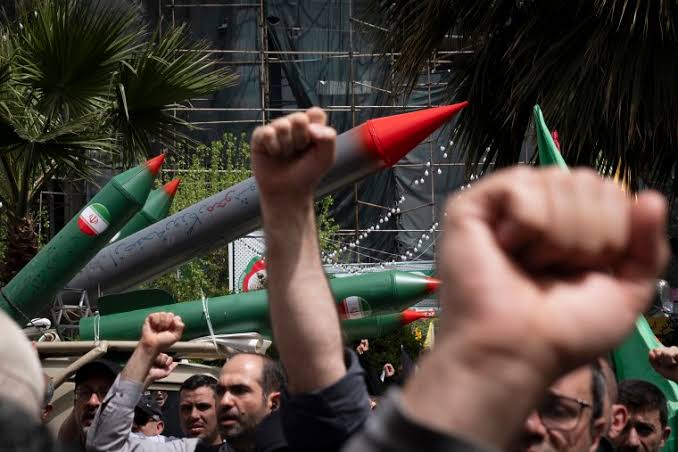The United States and Iran have commenced high-level negotiations in Muscat, Oman, over Tehran’s nuclear program, with President Donald Trump warning of military action if the talks fail to produce a new agreement. This marks the first major dialogue between the two countries since the collapse of the 2015 nuclear deal, which Trump withdrew from in 2018.
The talks are being led by Trump’s special envoy, Steve Witkoff, and Iranian Foreign Minister Abbas Araghchi, with Oman acting as a mediator. Iran’s delegation departed Tehran for Oman ahead of the Saturday talks.
President Trump, speaking aboard Air Force One, emphasized that while he hoped for a peaceful resolution, he was determined not to allow Iran to develop nuclear weapons. On the other hand, Iran’s supreme leader’s advisor, Ali Shamkhani, expressed Tehran’s readiness to negotiate a fair and practical agreement, provided Washington shows goodwill.
The format of the talks remains unclear, with the US calling them direct talks, while Iran insists on using an intermediary. The discussions are expected to begin with a meeting involving Omani Foreign Minister Badr bin Hamad Al Busaidi, who will act as a go-between.
The US is pushing for the dismantling of Iran’s nuclear program entirely, a stance that is unlikely to gain Tehran’s acceptance. Iran has continued its nuclear activities since Trump’s withdrawal from the deal, with concerns growing as the country’s enriched uranium levels approach weapons-grade thresholds.
US Missionary Kidnapped During Sermon in South Africa
For both countries, the stakes are high. While the US seeks to prevent Iran from obtaining nuclear weapons, Iran is eager to secure sanctions relief to revive its struggling economy. Experts suggest that a successful deal may involve Iran scaling back its nuclear program in exchange for relief from crippling sanctions. However, some analysts believe a comprehensive agreement must also address Iran’s support for regional allies, a major demand from US allies in the Gulf.
The outcome of these talks could have significant implications not only for US-Iran relations but also for regional stability and the future of nuclear diplomacy.

